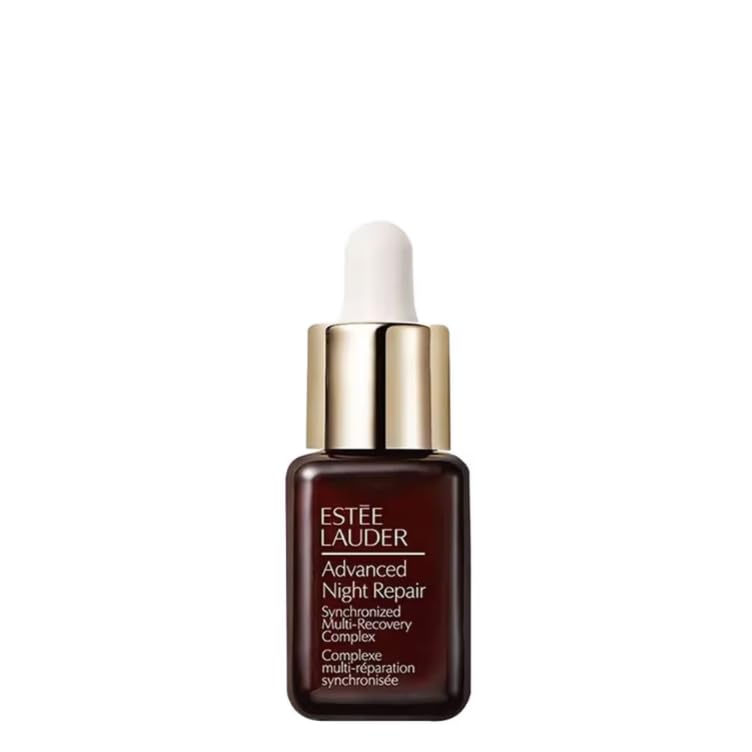
Skin is the largest organ of the body and reflects your overall health. When the body lacks proper nutrition, it can lead to a variety of skin issues, one of the most common being dry skin. This article explores the intricate connection between nutrition and skin health, highlighting how deficiencies in certain nutrients contribute to dryness, and offering tips to keep your skin hydrated and nourished.
Understanding Dry Skin
Dry skin, medically known as xerosis, occurs when the skin lacks adequate moisture in its outer layer. Common symptoms include flaking, tightness, itchiness, and even cracking. While environmental factors like cold weather and low humidity can exacerbate dryness, nutrition plays a pivotal role in maintaining the skin’s hydration and elasticity.
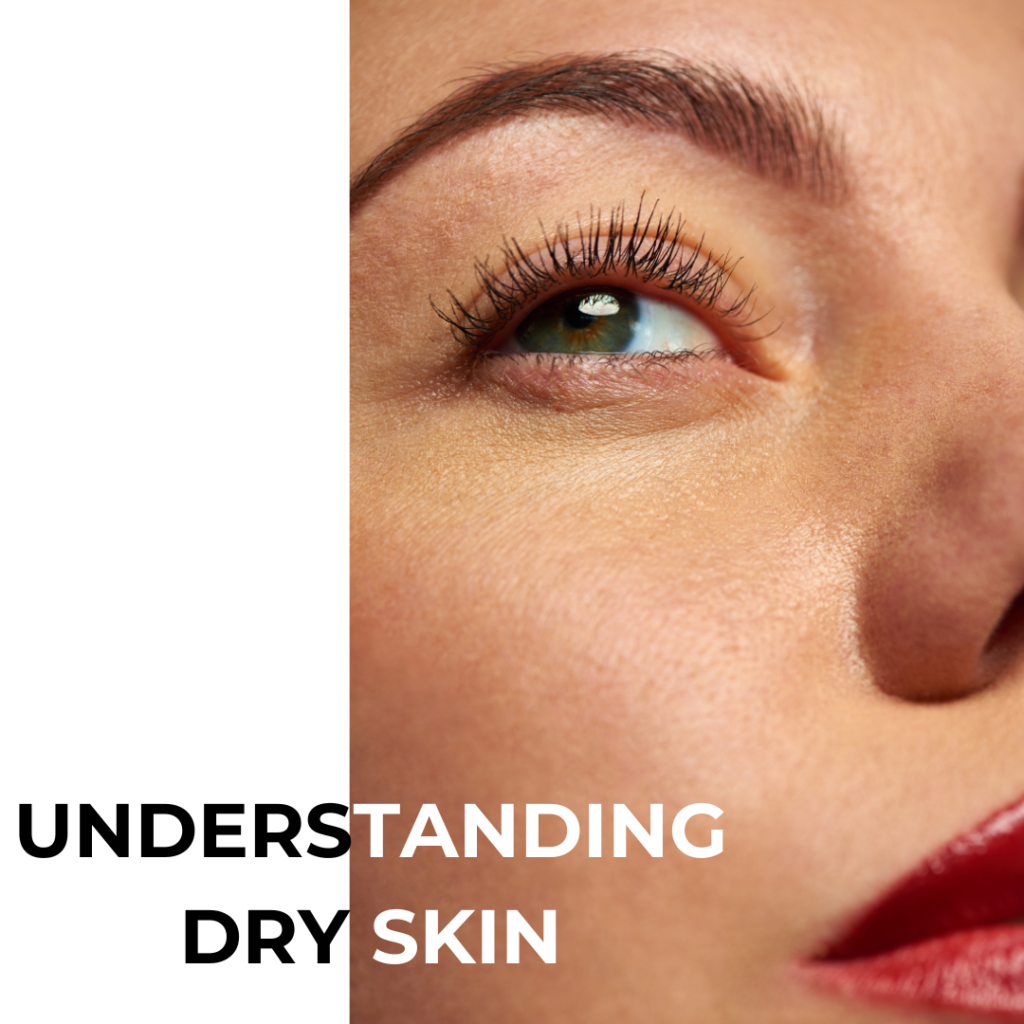
The Role of Nutrition in Skin Health
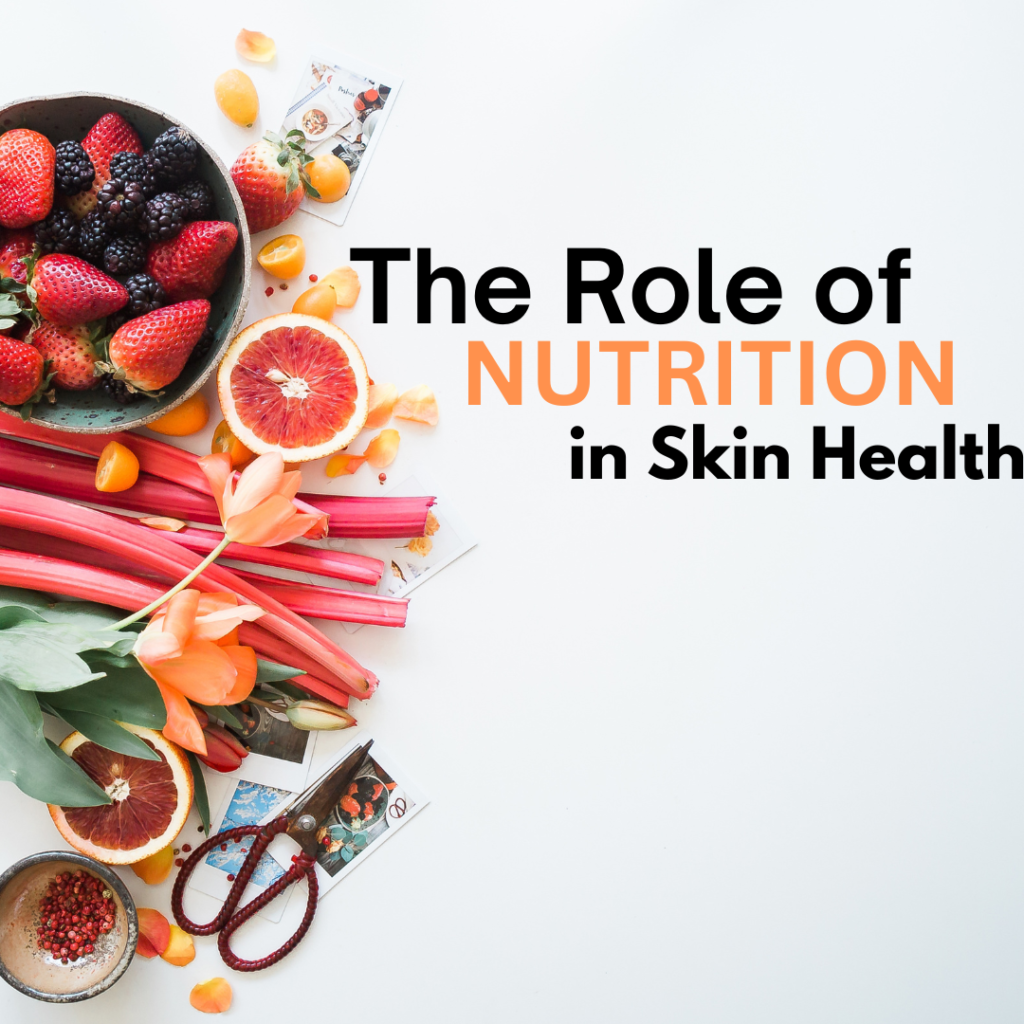
Nutrition provides the building blocks for healthy skin. Essential vitamins, minerals, and fatty acids contribute to the skin’s barrier function, hydration levels, and overall texture. When the body is deprived of these nutrients, the skin’s ability to retain moisture diminishes, leading to dryness and other dermatological issues.
Key Nutrients and Their Impact on Skin Hydration
1. Vitamin A
- Role in Skin Health: Vitamin A helps in the repair and maintenance of skin tissue. It supports the production of sebum, an oily substance that keeps the skin moisturized.
- Deficiency Symptoms: Dry, rough skin, and in severe cases, keratosis pilaris (tiny bumps on the skin).
- Sources: Sweet potatoes, carrots, spinach, and fortified dairy products.
2. Vitamin E
- Role in Skin Health: A powerful antioxidant, vitamin E protects the skin from oxidative stress and helps maintain its moisture barrier.
- Deficiency Symptoms: Skin becomes rough and prone to irritation.
- Sources: Nuts, seeds, sunflower oil, and avocados.
3. Vitamin C
- Role in Skin Health: Vitamin C is crucial for collagen production, which keeps the skin firm and hydrated. It also acts as an antioxidant to combat dryness caused by environmental damage.
- Deficiency Symptoms: Scaly skin, slower wound healing, and premature aging.
- Sources: Oranges, strawberries, bell peppers, and broccoli.
4. Omega-3 Fatty Acids
- Role in Skin Health: Omega-3s help maintain the skin’s lipid barrier, preventing water loss and keeping the skin soft.
- Deficiency Symptoms: Dry, itchy, and inflamed skin.
- Sources: Fatty fish (salmon, mackerel), flaxseeds, walnuts, and chia seeds.
5. Zinc
- Role in Skin Health: Zinc aids in the production of new skin cells and regulates the function of oil glands.
- Deficiency Symptoms: Dryness, redness, and increased sensitivity to irritants.
- Sources: Pumpkin seeds, chickpeas, beef, and oysters.
6. Water
- Role in Skin Health: Adequate hydration is essential for maintaining the skin’s elasticity and moisture levels.
- Deficiency Symptoms: Dull, flaky skin.
- Sources: Drink at least 8 glasses of water daily and consume water-rich foods like cucumbers and melons.
7. Protein
- Role in Skin Health: Proteins are the building blocks of skin, hair, and nails. They aid in the regeneration of skin cells and the production of collagen.
- Deficiency Symptoms: Thinning skin, dryness, and loss of elasticity.
- Sources: Eggs, chicken, tofu, lentils, and quinoa.
How Nutritional Deficiencies Lead to Dry Skin
Weakened Skin Barrier
Nutrients like omega-3 fatty acids and ceramides strengthen the skin’s lipid barrier, which locks in moisture. Without these, the barrier becomes compromised, leading to water loss.Reduced Collagen Production
Collagen gives skin its structure and hydration. Vitamin C and protein are vital for collagen synthesis. A deficiency can result in dry, sagging skin.Oxidative Stress
Lack of antioxidants like vitamins C and E allows free radicals to damage the skin, causing dryness and inflammation.Slower Skin Regeneration
Zinc and protein deficiencies slow down the skin’s natural repair and regeneration process, exacerbating dryness and other issues.Dehydration
Inadequate water intake directly affects the skin’s hydration levels, leaving it prone to dryness and cracking.
Signs Your Skin Is Lacking Nutrients
- Persistent dryness despite using moisturizers.
- Redness, flaking, or peeling skin.
- Itchiness and irritation.
- Premature aging, such as fine lines and wrinkles.
- Dull, lackluster complexion.
Tips to Prevent and Treat Nutritional Dry Skin
1. Eat a Balanced Diet
Incorporate a variety of fruits, vegetables, whole grains, lean proteins, and healthy fats into your meals. This ensures your skin gets all the essential nutrients.
2. Stay Hydrated
Drink enough water throughout the day. Herbal teas and coconut water are also excellent for hydration.
3. Supplement When Necessary
If your diet lacks certain nutrients, consider supplements for omega-3s, zinc, or vitamins under the guidance of a healthcare professional.
4. Limit Processed Foods
Avoid sugary and highly processed foods, as they can deplete the skin’s nutrients and promote dryness.
5. Use Nutrient-Enriched Skincare Products
Look for products infused with vitamins A, C, E, and omega-3 fatty acids for external nourishment.
6. Protect Your Skin
Use sunscreen to protect your skin from UV damage, which can worsen dryness. Wear protective clothing in cold weather to shield your skin from harsh winds.
7. Home Remedies for Dry Skin
- Honey and Milk Mask: A mix of honey and milk hydrates and soothes dry skin.
- Aloe Vera Gel: Pure aloe vera is rich in vitamins and provides a natural moisture boost.
- Coconut Oil: Apply as an overnight moisturizer to lock in hydration.
When to Seek Medical Advice
If your dry skin persists despite improving your diet and skincare routine, consult a dermatologist. Chronic dryness could be a sign of an underlying condition like eczema, psoriasis, or hypothyroidism.
Affiliate Disclosure
SkinRescueHub is a participant in the Amazon Services LLC Associates Program, an affiliate advertising program designed to provide a means for sites to earn advertising fees by advertising and linking to Amazon.com and affiliated sites. As an Amazon Associate, we earn from qualifying purchases.
This means that when you purchase products through links on our site, we may earn a small commission at no additional cost to you. This commission helps us continue to provide quality content, reviews, and recommendations. Thank you for supporting SkinRescueHub!
Suggesting Face Serums Suitable For Dry Skin Caused by Nutritional Deficiencies:
--
Serum Name
Key Ingredients
Benefits for Dry Skin
Best For
Buy List

The Ordinary Hyaluronic Acid 2% + B5
Hyaluronic Acid, Vitamin B5
Deep hydration, improves skin elasticity
Severely dry, dull skin

Minimalist Skin Repair 5% Niacinamide Face Serum
Vit B3 & Hyaluronic Acid
Glowing Skin | Reduces Dullness, Hydrates & Repairs Skin
Dry & Sensitive Skin

Derma Decode Face Serum
10% Niacinamide, 0.1% Hyaluronic Acid & 0.2% Ceramides
Hydrating & Moisturizing Serum for Smooth, Radiant Skin
Reduces Dryness

Plum 15% Vitamin C Face Serum
Vitamin C, Collagen
Glowing Skin | Non Irritating Formula
Dull Skin
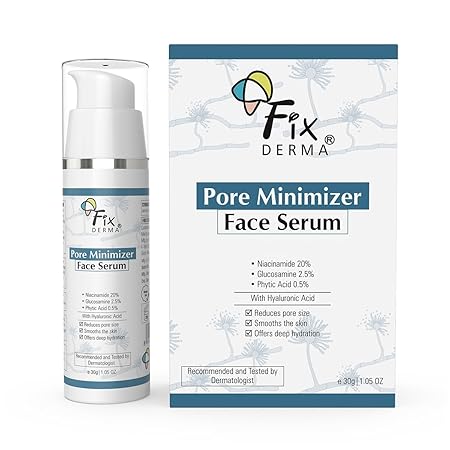
Fixderma 20% Niacinamide Serum
2.5% Glucosamine & Hyaluronic Acid
Open Pores Serum | Hydrating Serum
MAKES SKIN SOFT, RADIANT & HYDRATED
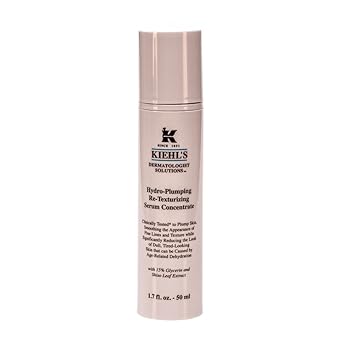
Kiehl's Hydro-Plumping Serum
Glycerin, Shiso Leaf Extract
Intense hydration, reduces fine lines caused by dryness
Aging, dry skin

Mamaearth Skin Illuminate Vitamin C Serum
Vitamin C, Turmeric
Brightens and hydrates skin, fights oxidative stress
Dry, uneven skin tone

Neutrogena Hydro Boost Hyaluronic Acid Serum
Glycerin,Hyaluronic Acid
17% hydrating complex for smooth supple skin
Quick hydration
